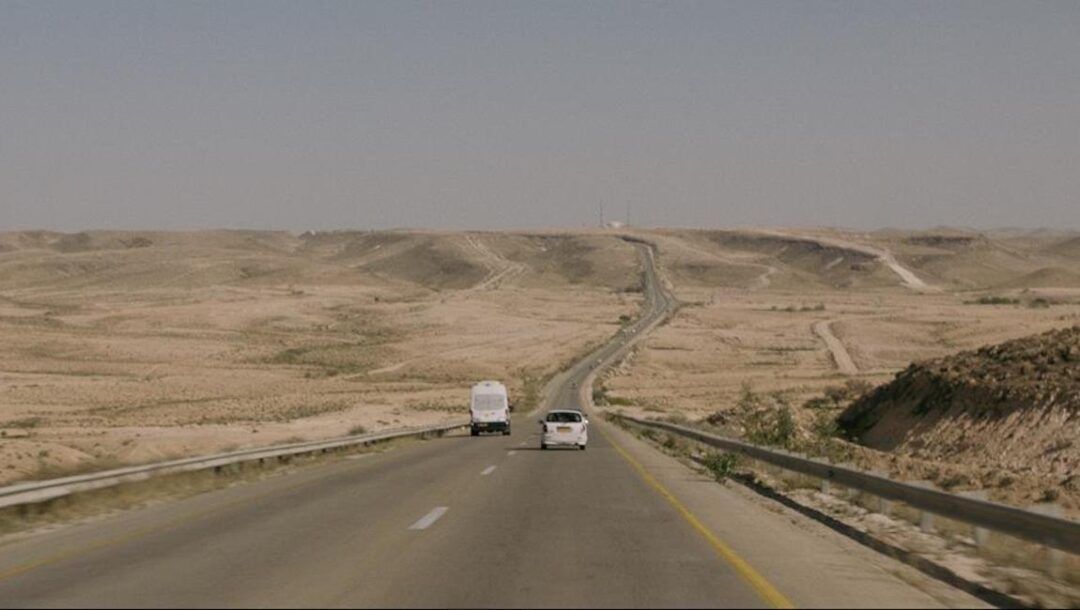The Forgotten Types | Michale Boganim
It appears fair to claim that The Forgotten Types is a movie for the Western Jews, communities of the diaspora, a collective dropped to the Zionist marketing campaign that has raged for many years. But, it’s not just a function that forces them to cope with these internalizations of Zionism – certainly, it shirks this discussion rather bluntly – also it rather operates as a movie that positions whitened supremacy at the primary of the culture’s so-called “promised property.” It sees said guarantee galvanized by an Ashkenazi bottom, arranged to reject the racialized sets of Sephardim, Beta Israeli and, because the film’s name highlights, The Forgotten Types, the Mizrahi, sets of Jews from encircling Arab nations. Through the movie, directed by Michale Boganim, we glean a collage of fractured viewpoint, jumping from town to city (locations which were as soon as orchestrated to function as self-constructed ghettos for these minority sets of Jews, constructed atop the property of exiled Palestinians), once we pay attention to anecdotes and private histories from the collection of individuals. Even though these tales are maddening, even though these accounts do function to demystify the utopian eyesight of Zionism, Israel as property of Milk and Honey, it’s not more than enough.
The Forgotten Types, while holding the pounds of an oppressive background with good intentions, continues to be distanced from the dialectics essential to know the hierarchical techniques constructed in this white-supremacist ethno-condition. While acknowledging the internalizations of racism and the state-fuelled want Mizrahim to estrange themselves from their neighboring Palestinian populations, the film does not reckon with the truth that irrespective of these systemic procedures by hawaii, any Jew remains ready that benefits from the occupying forces, to the detriment of and continuing violence inflicted upon the Palestinian individuals. Further, it continues to be a fractured portrait of speaking points. The film’s topics condense their whole lifestyles into a short while, into quotes which can be remembered and cited as types of racial violence. And therein lies the largest concern with a pre-conditioned typical knowledge of digestibility and accessibility in the runtime of expositional documentary movies; 90 to 120 a few minutes is no period at all to get a remotely sincere depiction of its subject material. Yet, it’s frequently that we are usually confronted in the West with one of these exact forms of films, desperate to address years or centuries of violence and dehumanization in the period of mere moments. What does this perform to the tales entrusted to the filmmakers? Could it be responsible to permit these narratives to end up being the endpoint to some ellipses? It feels as though bit more than rhetoric tourism. Consider, for example, the movies of Wang Bing, the excellent Chinese documentarian who all as well properly understands the failures of the expositional type. His function realizes the need for full-bodied encapsulation, negating regular structures of performance to provide, instead, a reality that realizes 1:1 parity, one which allows the tale of the main one who shows it to end up being edited only by the brain who speaks it.
Needless to say, this is a issue of discourse once we grapple with the dialectics of the proper execution, a continuing debate of what narrativity precludes in documentary. The Forgotten Types shirks any dialectical method of history, instead centered on the immediacy of emotionality, on the result of a Jewish ignorance to the racial violence enacted on fellow tribespeople. But will that present sufficiently of a computer program? Is it worthwhile over time to play this type of short game? I’m uncertain that the movie, in the proper execution that it right here exists in, at the very least partly flattening Mizrahi background and, coming after sociable uproar in reaction to Israeli violence against Palestinians in Sheikh Jarrah and the Gaza and the ’67 Occupied territories, is really as sharpened a political tool since it expectations to be. Needless to say, I am speaking being an Ashkenazi Jew, whose background isn’t being displayed here, therefore perhaps my very own positionality clouds the urgency that others will dsicover here. In any case, the dialogue of how exactly we can responsibly represent and exhibit our background, needless to say, rages on.




Recent Comments